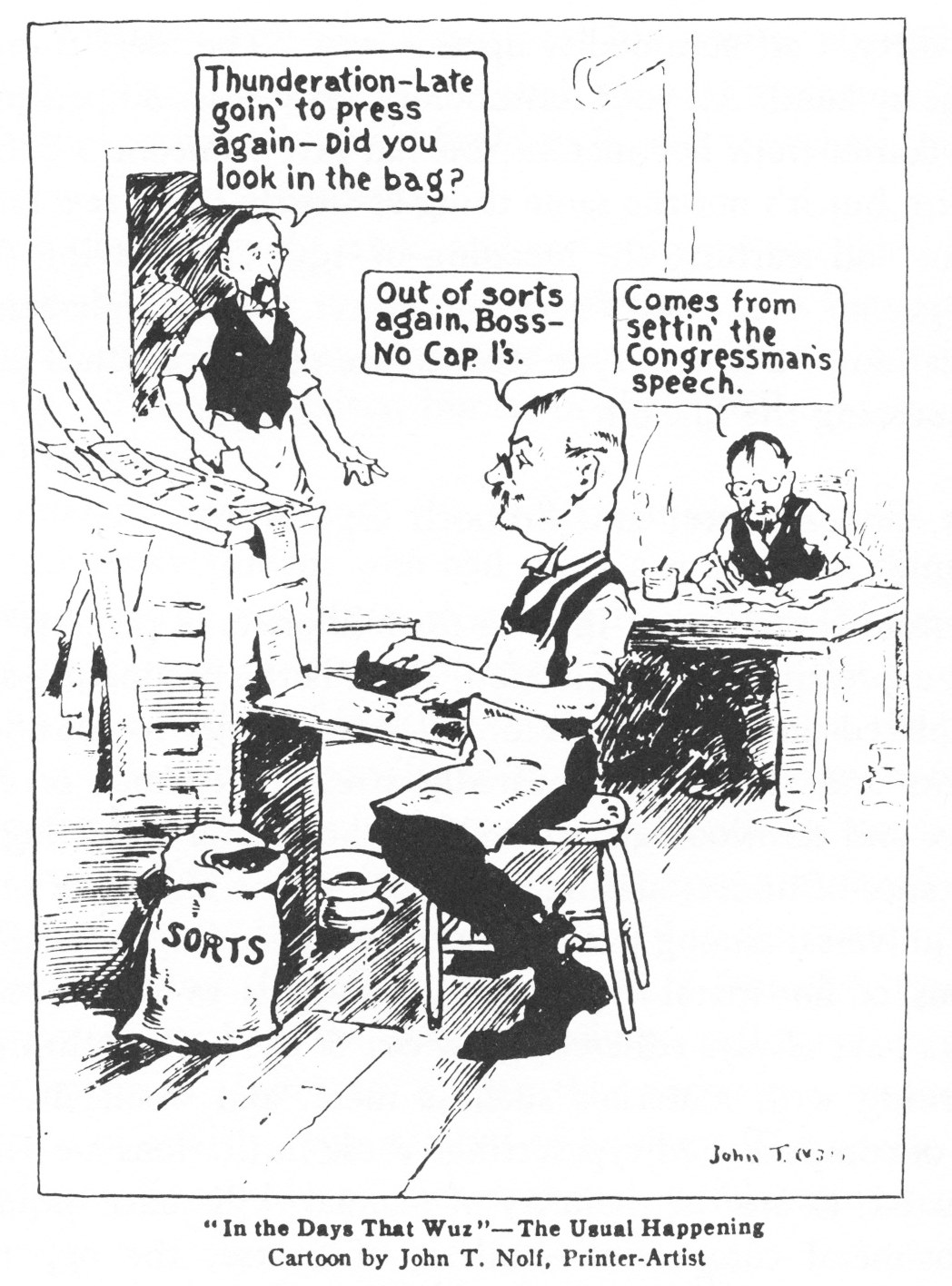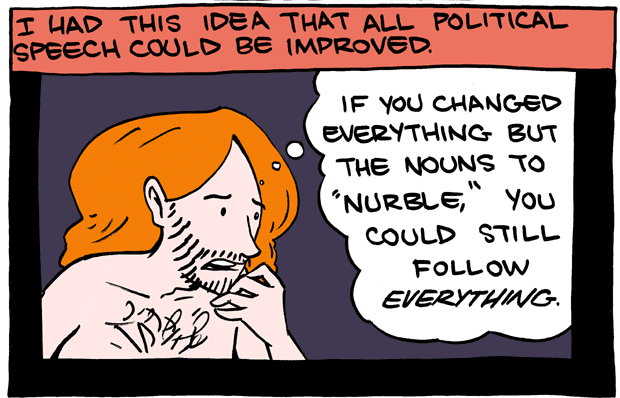On my commute home from Language Log Plaza West yesterday, I heard this brief piece on NPR about Lydia Callis, NYC Mayor Bloomberg's American Sign Language interpreter. (See also here, here, here, here, here — screw it, just search for "Lydia Callis".) A couple choice quotes from some of these stories:
From the NPR piece I heard: Callis was animated – both in her facial expressions and hand movements – the antithesis of the stoic mayor.
From this Bloomberg News piece: "She's awesome," Lynn Correa, 30, who has watched YouTube videos made about Callis, said today at a bus stop in Brooklyn's Williamsburg neighborhood. "She's much more expressive than [Mayor Bloomberg] is."
Don't get me wrong: I think it's great that Callis, and sign language interpreting generally, are getting some postive attention. But looking at the videos, I don't see anything other than a (very good) ASL interpreter — in other words, Callis is not doing anything extra special here, she's just doing her job, which is to translate what people are saying into ASL. I understand that there's the contrast with the otherwise somber Bloomberg, and that what is being translated is news about Hurricane Sandy, and that for many folks this may be one of the first times they've seen sign language interpretation up close — but I can't help pointing out here that the hand movements and facial expressions are defining features of ASL (and of other signed languages). The perception that we non-signers have that these hand movements and facial expressions are particularly "animated" and "expressive" is precisely due to our lack of experience with them as linguistic features.
Read the rest of this entry »




